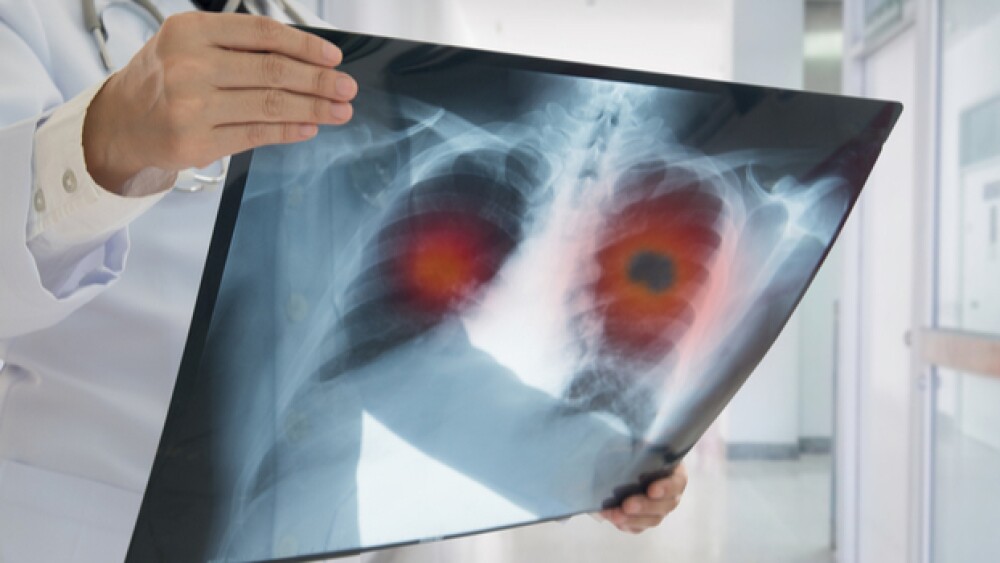Ipsen said that Onivyde did not show greater benefit than topotecan used in patients with SCLC who have progressed on or after platinum-based first-line therapy treatment.
Onivyde failed in the trial of late-stage small cell lung cancer
Ipsen‘s Phase III RESILIENT study on Onivyde (irinotecan liposomal injection) for small cell lung cancer failed to achieve the primary overall survival (OS) target compared to topotecan.
In its announcement, the France-based company said Onivyde did not show greater benefit than the currently preferred topotecan when used in patients with SCLC who have progressed on or after platinum-based first-line therapy treatment.
The FDA granted Ipsen a Fast Track designation for Onivyde in December 2020. Onivyde is currently approved by the U.S. Food and Drug Administration to be used with leucovorin (LV) and fluorouracil (5-FU) for patients with metastatic adenocarcinoma of the pancreas after disease progression following gemcitabine-based therapy.
In the randomized, open-label RESILIENT study, the drug was evaluated in two parts: first, in an open-label dose-finding trial involving 30 patients, and second, in a randomized efficacy trial versus intravenous topotecan, where 450 patients were enrolled.
The first part demonstrated Onivyde’s safety, tolerability, and optimal monotherapy dose. However, in the second part, it was unable to show better OS outcomes, which was the primary endpoint.
Secondary endpoints were progression-free survival, objective response rate, quality of life assessments, serious adverse events, incidence of treatment-emergent adverse events and laboratory abnormalities.
Despite not meeting the primary endpoint, Ipsen scientists did see objective response rate (ORR) levels double for Onivyde takers in the second part. In addition, no new safety concerns had emerged. For this reason, the company is not entirely scrapping the project just yet and said it would explore the data further for any possible favorable indicators.
“We will now work with our teams to analyze the data further before decisions regarding next steps are made. These data confirm the complexities associated with treating small cell lung cancer. We wish to thank the patients, their families and healthcare teams for their participation in this clinical trial,” Howard Mayer, M.D., executive vice president and head of research and development at Ipsen, commented.
The company expects to share the results of the RESILIENT study of Onivyde at an upcoming yet-to-be-named medical conference.
It has been a busy week for Ipsen, which announced Monday that it signed a multi-year partnership deal with Marengo Therapeutics to use its precision T cell immuno-oncology candidates for clinical testing. Ipsen will pay $45 million upfront for access to two of Marengo’s solid tumor candidates created using its Selective T Cell Activation Repertoire (STAR) antibody fusion platform. Ipsen also will pay as much as $1.592 billion in the future if all milestones are achieved.





